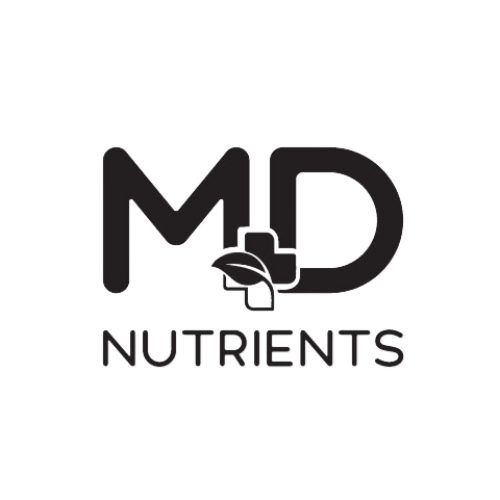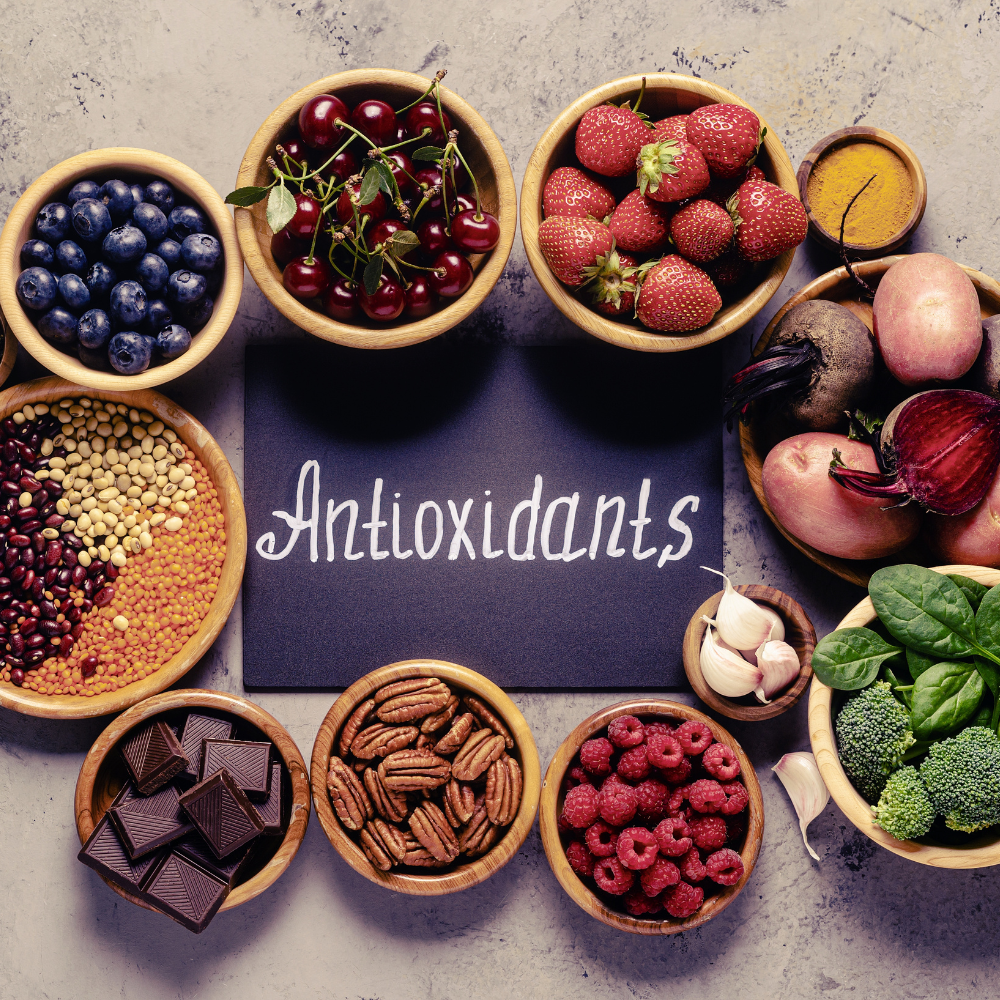Introduction: What Are Antioxidants?
Antioxidants are compounds that play a crucial role in protecting our bodies from oxidative stress, a condition that occurs when there is an imbalance between free radicals and antioxidants in the body. Free radicals are unstable molecules that can damage cells, proteins, and DNA, leading to various health issues, including inflammation, aging, and chronic diseases. Antioxidants neutralize these free radicals, helping to maintain cellular health and overall well-being. This article will explore how antioxidants protect cells, highlight some of the best antioxidant-rich foods and supplements, discuss their role in disease prevention, and provide tips on choosing effective antioxidant supplements.
How Antioxidants Protect Cells
Antioxidants work by donating an electron to free radicals, stabilizing them and preventing them from causing further damage to cells. Here are some key mechanisms through which antioxidants provide protection:
1. Neutralizing Free Radicals
Antioxidants neutralize free radicals by donating electrons without becoming unstable themselves. This process reduces oxidative stress and protects cellular structures from damage.
2. Regenerating Other Antioxidants
Some antioxidants, like vitamin C, can regenerate other antioxidants, such as vitamin E. This recycling process ensures a continuous supply of antioxidants to combat oxidative stress.
3. Reducing Inflammation
Oxidative stress is linked to inflammation, which is a precursor to many chronic diseases. Antioxidants help reduce inflammation by modulating the body's immune response and protecting cells from damage.
4. Protecting Cellular Structures
Antioxidants help safeguard essential cellular structures, such as cell membranes and mitochondria, from oxidative damage. This protection supports optimal cellular function and longevity.
Top Antioxidant-Rich Foods and Supplements
Incorporating antioxidant-rich foods into your diet is an effective way to enhance your body's defense against oxidative stress. Here are some of the top foods high in antioxidants:
- Berries: Blueberries, strawberries, raspberries, and blackberries are rich in anthocyanins, powerful antioxidants that protect against cellular damage.
- Dark Chocolate: High-quality dark chocolate (70% cocoa or more) contains flavonoids, which have antioxidant properties and support heart health.
- Green Leafy Vegetables: Spinach, kale, and Swiss chard are excellent sources of antioxidants, particularly vitamins C and E.
- Nuts and Seeds: Almonds, walnuts, and sunflower seeds provide vitamin E, selenium, and other antioxidants that promote cellular health.
- Legumes: Beans, lentils, and chickpeas are rich in antioxidants, fiber, and essential nutrients that contribute to overall health.
- Herbs and Spices: Turmeric, cinnamon, and oregano contain potent antioxidants that may help reduce inflammation and oxidative stress.
While obtaining antioxidants from whole foods is ideal, supplements can also play a role, especially for individuals with dietary restrictions or increased antioxidant needs. Some effective antioxidant supplements include:
- Vitamin C: A powerful antioxidant that supports immune function and skin health.
- Vitamin E: An important fat-soluble antioxidant that protects cell membranes.
- Coenzyme Q10 (CoQ10): Supports cellular energy production and has antioxidant properties.
- Resveratrol: Found in red wine and grapes, resveratrol may protect against oxidative stress and promote heart health.
- Astaxanthin: A potent carotenoid antioxidant derived from algae, known for its strong protective effects on cells.
The Role of Antioxidants in Preventing Disease
Antioxidants have been linked to various health benefits and disease prevention, including:
1. Reducing the Risk of Chronic Diseases
Studies suggest that a diet rich in antioxidants may reduce the risk of chronic diseases such as heart disease, diabetes, and certain cancers by mitigating oxidative stress and inflammation.
2. Supporting Brain Health
Antioxidants like vitamin E and flavonoids found in berries are associated with improved cognitive function and a lower risk of neurodegenerative diseases, such as Alzheimer's.
3. Enhancing Immune Function
Antioxidants play a role in supporting the immune system by protecting immune cells from oxidative damage, leading to a more effective immune response.
4. Slowing Down Aging
Oxidative stress contributes to the aging process, and antioxidants can help combat this damage, promoting healthy aging and longevity.
Choosing Effective Antioxidant Supplements
When selecting antioxidant supplements, consider the following tips:
- Quality Matters: Look for high-quality supplements from reputable brands that provide third-party testing for purity and potency.
- Balanced Formulations: Opt for supplements that include a combination of antioxidants for synergistic effects. For example, a blend of vitamins C and E can enhance antioxidant activity.
- Consult a Healthcare Provider: Before starting any new supplement, especially if you have existing health conditions or are taking medications, consult with your healthcare provider to ensure it's safe and appropriate for your needs.
Conclusion: Protect Your Cells with Antioxidants
Antioxidants are vital in protecting your cells from oxidative damage and supporting overall health. By incorporating a variety of antioxidant-rich foods into your diet and considering supplements when necessary, you can enhance your body’s defenses against oxidative stress and promote long-term wellness. Emphasizing antioxidants in your lifestyle may not only help prevent chronic diseases but also support healthy aging, cognitive function, and a robust immune system. Prioritize these powerful compounds to safeguard your cellular health and enjoy a vibrant life.


